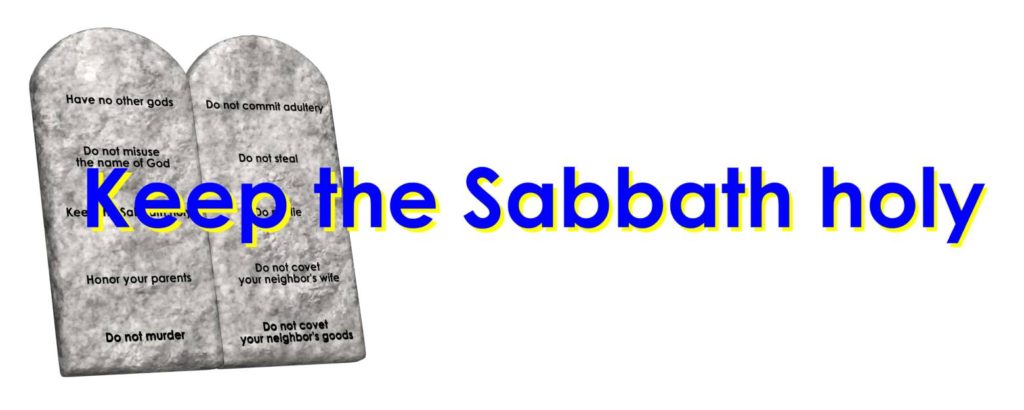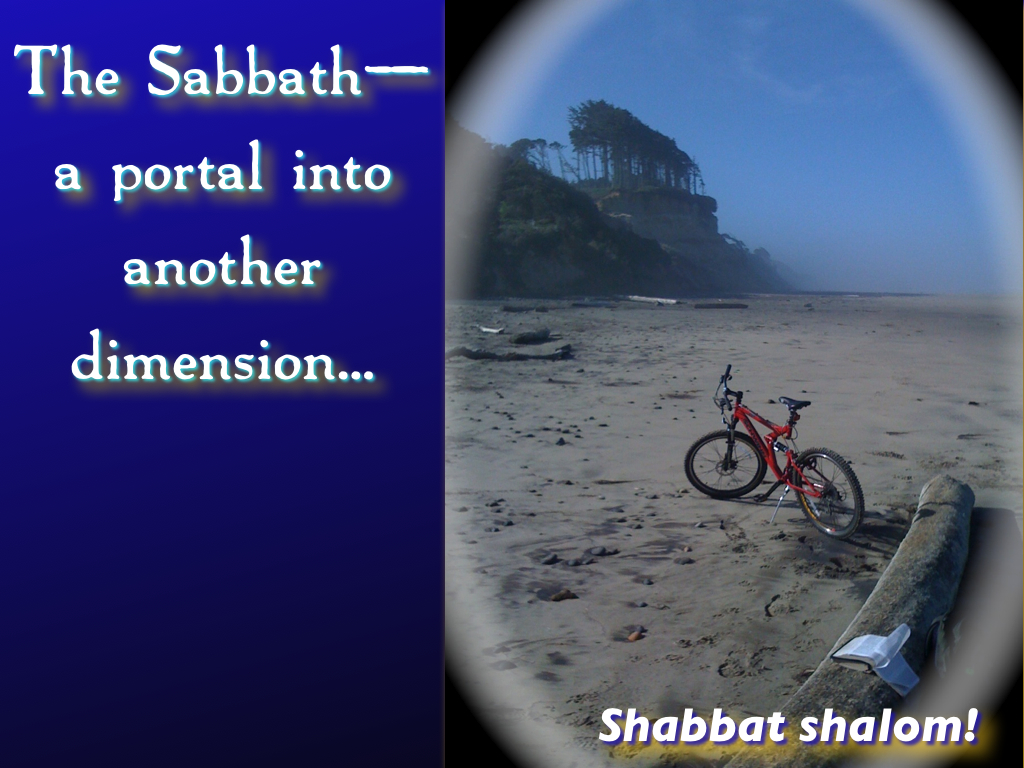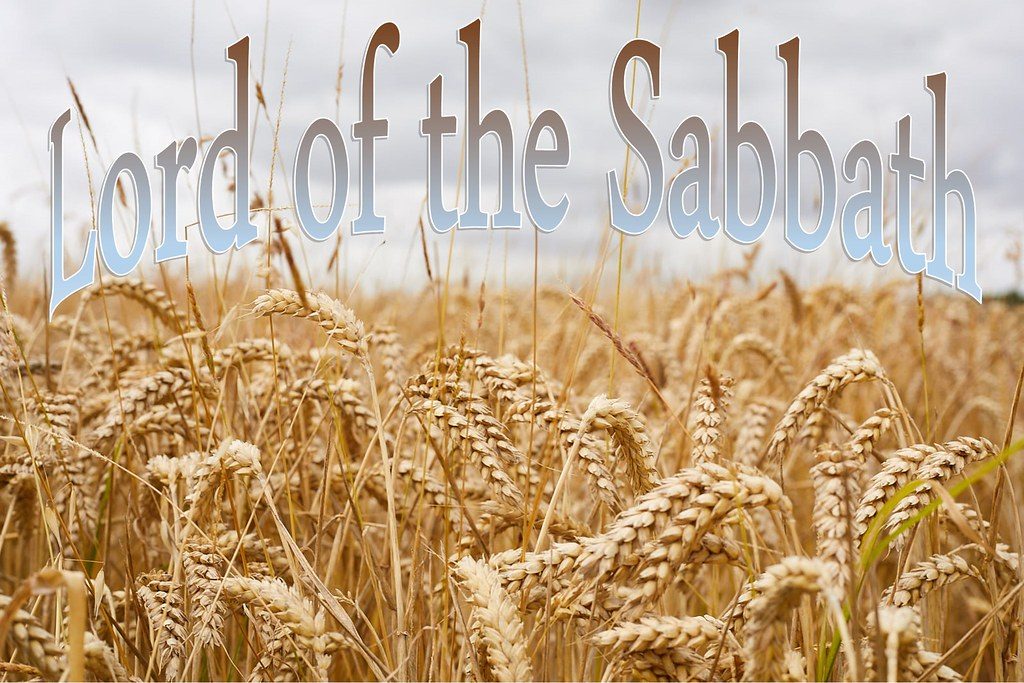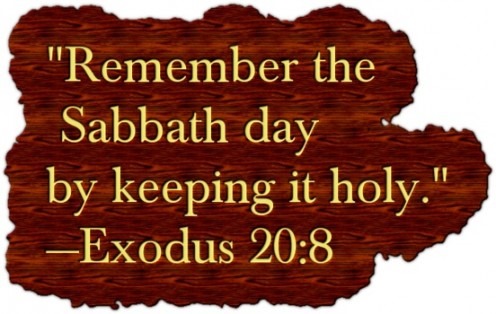
It’s time to shake some people out of their spiritual complacency and to wake up the spiritually lukewarm!
WARNING!
This passage of Scripture gives us more information on how to observe the seventh day Sabbath or Shabbat. In this regard I have a serious question for some of you. How long will you hard-hearted, stiff-necked and rebellious people refuse to keep the seventh day Sabbath as the Creator of the universe himself gave us an example to do in Genesis chapter two, as he commanded all humans (not just the Jews) to do when he gave the ten commandments in Exodus chapter 20, which he commanded his people to do down through ages via his prophets, which Yeshua the Messiah and the apostles and early New Testament believers kept, and which the Bible prophesies will be kept during the millennial reign of King Yeshua the Messiah on this earth after his second coming? How long will you believe the lies that most of the Old Testament law and Jew-hating early Catholic church fathers pawned off on generations of Christians to this day that the Sabbath no longer matters, was done away with and nailed to the cross and that now Sunday has replaced the Sabbath? Almost all of Christendom believes this unbiblical lie. At one time they mainstream church believed that the earth was flat and persecuted and killed those who taught otherwise. Maybe the church is wrong about their view of a the seventh day Sabbath as well!
The Bible instructs us NOT to follow the masses to do evil, that is, to sin against Elohim by going against his Word or commands (Exod 23:2).
Finally, one last question: how long will you continue to follow the dictates of your carnal hearts as Paul so clearly states in Romans 8:6–8 and go against the clear commands of YHVH Elohim and not observe the seventh day Sabbath?
For to be carnally minded is death, but to be spiritually minded is life and peace. Because the carnal mind is enmity against Elohim; for it is not subject to the law of God, nor indeed can be. So then, those who are in the flesh cannot please God.
Furthermore:
“But on this one will I look: On him who is poor and of a contrite spirit, And who trembles at My word.” says YHVH Elohim (Isa 66:2)
[F]or not the hearers of the law are just in the sight of Elohim, but the doers of the law will be justified… (Rom 2:13, according to Paul)
“Not everyone who says to Me, ‘Lord, Lord,’ shall enter the kingdom of heaven, but he who does the will of My Father in heaven. Many will say to Me in that day, ‘Lord, Lord, have we not prophesied in Your name, cast out demons in Your name, and done many wonders in Your name?’ And then I will declare to them, ‘I never knew you; depart from Me, you who practice lawlessness/Torahlessness!'” (Matt 7:21–23, Yeshua speaking)
“Do not think that I came to destroy the Law or the Prophets. I did not come to destroy but to fulfill. For assuredly, I say to you, till heaven and earth pass away, one jot or one tittle will by no means pass from the law till all is fulfilled. Whoever therefore breaks one of the least of these commandments, and teaches men so, shall be called least in the kingdom of heaven; but whoever does and teaches them, he shall be called great in the kingdom of heaven. For I say to you, that unless your righteousness exceeds the righteousness of the scribes and Pharisees, you will by no means enter the kingdom of heaven.” (Matt 5:17–20, Yeshua speaking)
(Note: At this point, I’m not feeling inclined to take any comments countering my position on the validity of the seventh day Sabbath. I know what the Bible says, and I don’t care what men have to say to the contrary, and, frankly, I’m not interested in arguing over this point. This is time-consuming old business for me and it’s time to move on. For those who are honest truth seekers and want to learn more about what Scripture has to say about the Sabbath as opposed to those people who merely care to uphold traditions of men by which the word of Elohim has been made of none effect (Mark 7:13), I have this to say: On this blog, I have posted numerous articles on the Sabbath. You can find them by typing in “Sabbath” or “Shabbat” on this blog’s search engine on the front page. Love and blessings to everyone — Natan)
Exodus 35:2, The seventh day … shall be … a set-apart day. In our journey through the Torah, the subject of the seventh day Sabbath keeps popping up. Why is this? This is because it’s obviously an important subject to YHVH.
When YHVH said in Exodus 20:8 to “Remember the Sabbath day to keep it set-apart (Heb. kadosh),” he is reminding the Israelites of it so that they won’t forget it! He reminds us again in the verse above to keep the Sabbath set-apart.
But there’s more.
Continue reading





